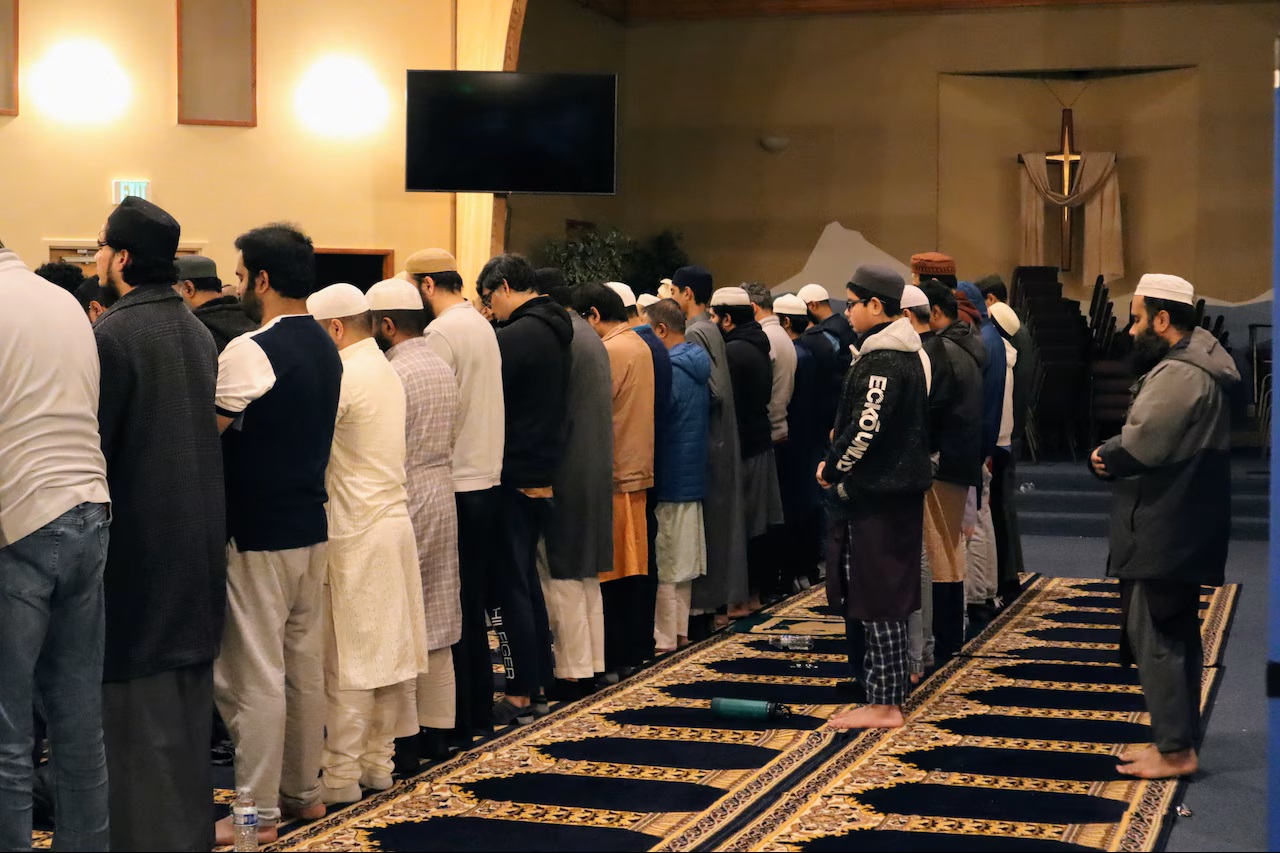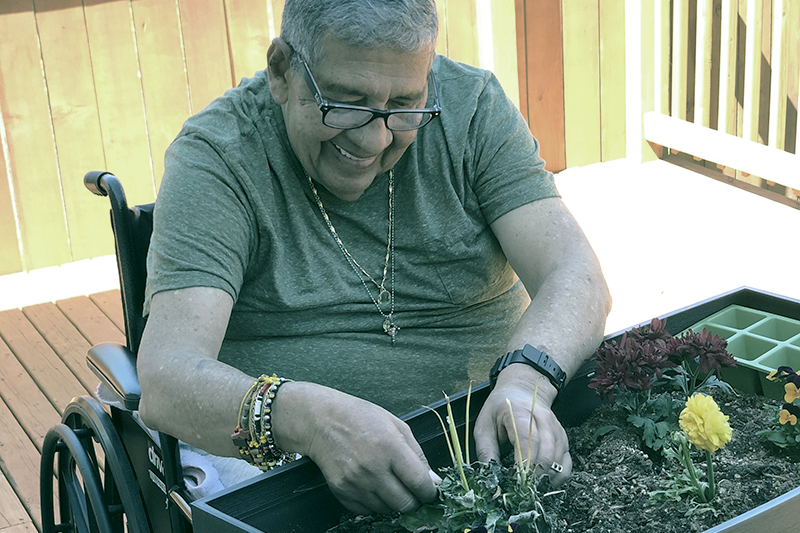
Shari'a-Compliant Real Estate Financing
- Immigrant-operated nonprofit
- Entrepreneur of color
- 6 jobs created
- 10 low-income families assisted
- $1,500,000 local real estate strengthened
All entrepreneurs and leaders of nonprofits face challenges during startup and expansion. Craft3 is committed to creative financing solutions that address unmet community needs, especially when conventional bank financing is not an option.
Muslim communities often face additional challenges when it comes to accessing capital. Many Muslims seek to live in accordance with Shari'a principles — derived from the Quran, Islam’s central religious text. Shari'a law prohibits charging or paying interest, and this can mean that a home mortgage or a business loan isn’t an option.
Being unable to access capital can mean an entrepreneur or community leader must wait to begin a project until they have sufficient cash in hand. This can take years and rule some projects out entirely, making it hard to grow businesses and build community facilities to serve social and religious needs.
Craft3 has been working hard to meet the Muslim community’s need for financing. Cordoba Academy was one of our first projects using innovative Shari'a-compliant real estate financing. This let the Islamic school and community organization located outside Seattle, buy a building and grow.
While the details of Shari'a-compliant real estate financing are complex, the idea is simple. Rather than charge interest on money borrowed, the transaction is structured as a partnership between the financier and customer. The two parties (in this case Craft3 and Cordoba Academy) purchase and own the asset (commercial real estate) in common through a special purpose entity (SPE) with the percentage of ownership based on the amount of funds each party has invested toward the purchase.
Over time Cordoba Academy will make monthly lease payments to the SPE. Those payments represent the profit generated by the asset and are distributed to each party based on their ownership. Cordoba Academy then uses their portion of the profit to purchase ownership from Craft3 each month, decreasing the ownership by Craft3 and increasing their own ownership with each payment. Each month, Cordoba receives a larger portion of the profit and purchases a larger amount of ownership from Craft3. Eventually, Cordoba Academy will be the sole owner. The main difference between this structure and traditional Commercial Real Estate financing is the risk of ownership taken by Craft3. If the asset value declines, Craft3 must share in the loss incurred, whereas traditional financing requires the customer to pay the lender in full regardless of the asset value.
Developing Shari'a-compliant real estate financing was a collaborative process that involved listening to the community and connecting with many partners and stakeholders including Islamic scholars.


















